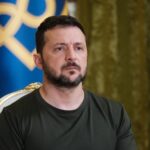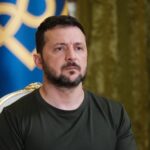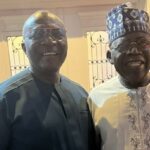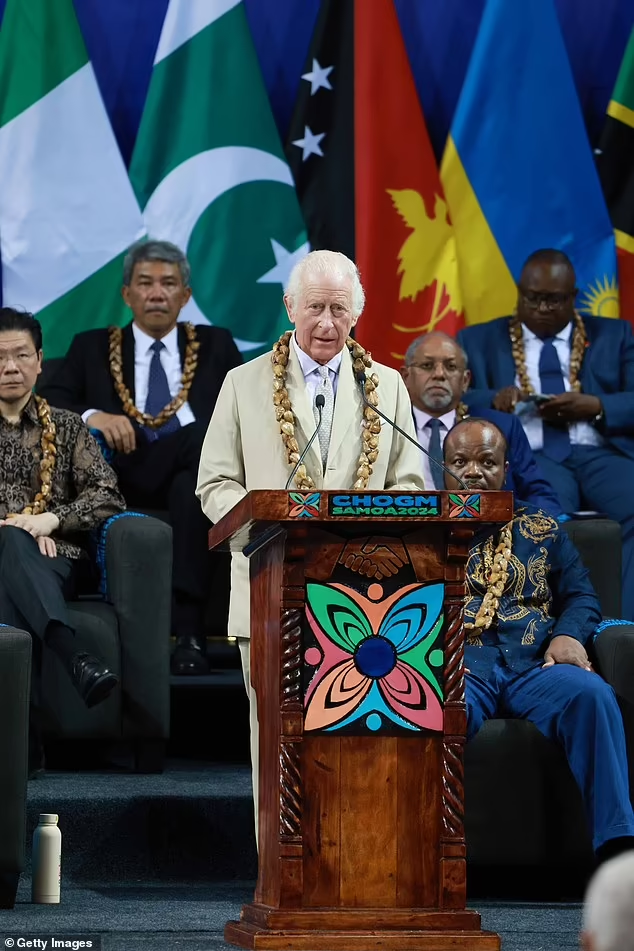
“None of us can change the past,” King Charles said, supporting UK Prime Minister Sir Keir Starmer’s decision to reject reparations for slavery. However, we can dedicate ourselves fully to absorbing its lessons and coming up with innovative solutions to address persistent injustices.
The queen and new president of the Commonwealth told Samoan leaders that it was critical to recognise and comprehend ‘the most painful portions of our past’.
He also emphasised how important it was to look to the future and solve persistent disparities in employment, education, skills training, health, and climate change.
The King seemed to support the British Prime Minister’s decision to turn down requests from some Commonwealth leaders, especially those from the Caribbean, to talk about plans to look into reparatory justice for the transatlantic slave trade, which might amount to billions of pounds in debt for the United Kingdom.
He has stated that he would want to concentrate on contemporary concerns, such the environment.
In his first speech to the biannual congregation of leaders as the new leader of the ‘family of nations’ following the death of his mother, Queen Elizabeth, Charles said: ‘Since this is the first occasion on which I find myself attending this gathering of our ‘Family of Nations,’ as Head of the Commonwealth, it gives my wife and myself enormous pleasure and pride to be with you for this twenty seventh Commonwealth Heads of Government Meeting.
‘Together, we represent a third of humanity, with all the splendidly diverse complexity that this entails. And yet we know and understand each other, such that we can discuss the most challenging issues with openness and respect.
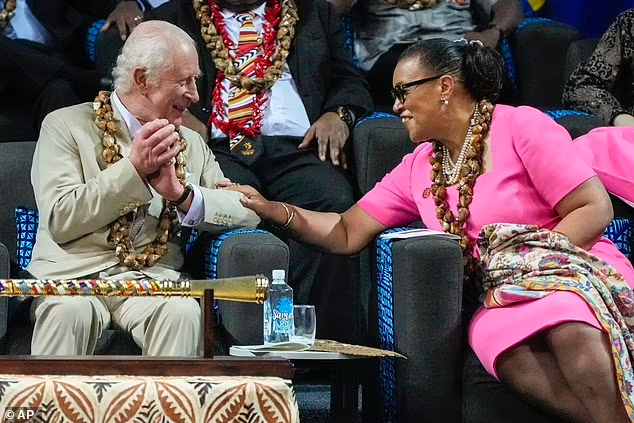
‘That said, our cohesion requires that we acknowledge where we have come from. I understand, from listening to people across the Commonwealth, how the most painful aspects of our past continue to resonate.’
He continued: It is vital, therefore, that we understand our history –to guide us to make the right choices in the future. Where inequalities exist, for example, in access to opportunity; to education; to skills training; to employment; to health; and to a planet in whose climate our human race can both survive and thrive, we must find the right ways, and the right language, to address them.
‘As we look around the world and consider its many deeply concerning challenges, let us choose within our Commonwealth family the language of community and respect, and reject the language of division.
‘None of us can change the past. But we can commit, with all our hearts to learning its lessons and to finding creative ways to right inequalities that endure. ‘





